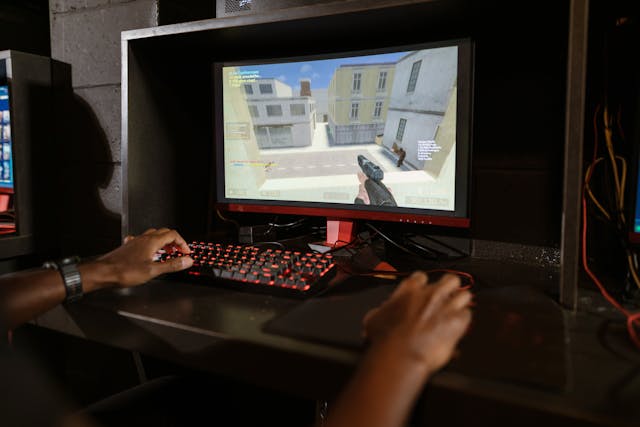OpenCritic, the video game review aggregator, conducted an investigation into Brash Games following reports of the site removing the author bylines and being accused of forcibly having changed the review scores against the wishes of the original authors. OpenCritic found Brash Games guilty of the accusations and their content has been removed from the OpenCritic database.
In a 12-page PDF report published on April 10th, 2017, OpenCritic details how they began an investigation into Brash Games after receiving reports about review scores being altered post-publication on the site as well as some author bylines being removed from articles published on Brash Games.
The investigation started at the end of March and recently concluded this past April.
After interviewing multiple former and current writers at Brash Games, they received multiple testimonies and evidence from the writers – including screenshots, archives and e-mail exchanges – revealing that Brash Games had indeed forcibly changed review scores for select games, giving them higher scores than what the original authors had intended for them to have.
Brash Games owner, Paul Ryan, had written to OpenCritic, stating that the authorship change was due to accounts being deleted from “disgruntled” ex-writers and that the score changes happened because the writers didn’t know how to implement them correctly, writing…
“The scores are added as images and it quite common for reviewers to upload the incorrect score and or not include a score at all as they write for several sites, some of which do not use ratings. If you type Rating 5 in the box for instance all 10 rating show up so this is maybe what you are referring to. As a rule disgruntled ex-employees are just that, those who were let go for consitantly failing to meet deadlines, those who accepted numerous codes without reviewing them and those dismissed for plagiarism make for unreliable witnesses in court, especially when they were let go by other sites too. Any user accounts deleted were done so in accordance with the terms and conditions of the
website. …[sic]”
However, according to the OpenCritic investigation, there were seven different games that had their review scores altered. Each of the authors presented screenshots and e-mail exchanges where they either objected to the review scores being raised or were told that the scores were going to be raised.
It also turns out that there were even more scores on games that were altered beyond what OpenCritic knew about. One of Brash Games’ writers who wished to remain anonymous noted that multiple reviews had their scores altered and raised in order to fit in line with other review averages, with the writer stating…
“A couple of my scores were definitely changed, yes. I don’t remember which ones specifically, but it happened on more than one occasion without me even being consulted.
“Yes, for sure. I was asked why my score was as low as it was, when the Metacritic average was a bit above. My score was changed, though I was never asked to rewrite the review to reflect that higher score.”
Some of the authors tried to republish their work elsewhere after their review scores were forcibly altered and their names removed from the byline.
However, the report also details how Brash Games owner Paul Ryan filed fake DMCA claims in order to prevent ex-authors from republishing their work elsewhere, after they had their credits removed from their work on Brash Games.
According to OpenCritic, this kind of behavior is disruptive to their ecosystem, since they’re essentially a review aggregator and users rely on them to aggregate reviews from websites that are trustworthy…
“OpenCritic believes such changes did take place, though we stress that incidents may have been rare. We feel that it’s harmful to critics to publish material changes to opinion content under their name without their consent. We also believe it’s deceptive towards consumers who come to Brash Games for review content created by someone who has played the game in full.”
OpenCritic also felt as if removing authorship from the articles was damaging to the personal brand of the writers and their portfolio. They also felt it diminished the trust values from readers who would prefer to view the entire body of a writer’s work to see and consider whether or not they’re a fair reviewer.
Unsurprisingly, Brash Games did not make OpenCritic’s top list of the most trusted game sites of 2016.
During the investigation Brash Games owner Paul Ryan requested to have their reviews and content de-listed from OpenCritic; they obliged. Brash Games content won’t be returning to OpenCritic.
During the investigation, OpenCritic opined that they made a grave error in allowing Brash Games into their database and that they would be more vigilant in re-evaluating their process in allowing in certain websites…
“In hindsight, Brash Games did not meet the spirit of OpenCritic’s audience trust requirement, though they do appear to genuinely exceed the specific metric thresholds that resulted in their approval. By granting approval this past December, we feel that we made a significant error as an aggregator by providing validation and drawing industry attention to an editor-in-chief and hobbyist that seems to lack formal journalism understanding, professionalism, and training. As engineers, we ourselves admittedly lack similar training.”
I tried reaching out to Ryan for comment when the allegations of impropriety first surfaced, but Ryan has refused to comment.






